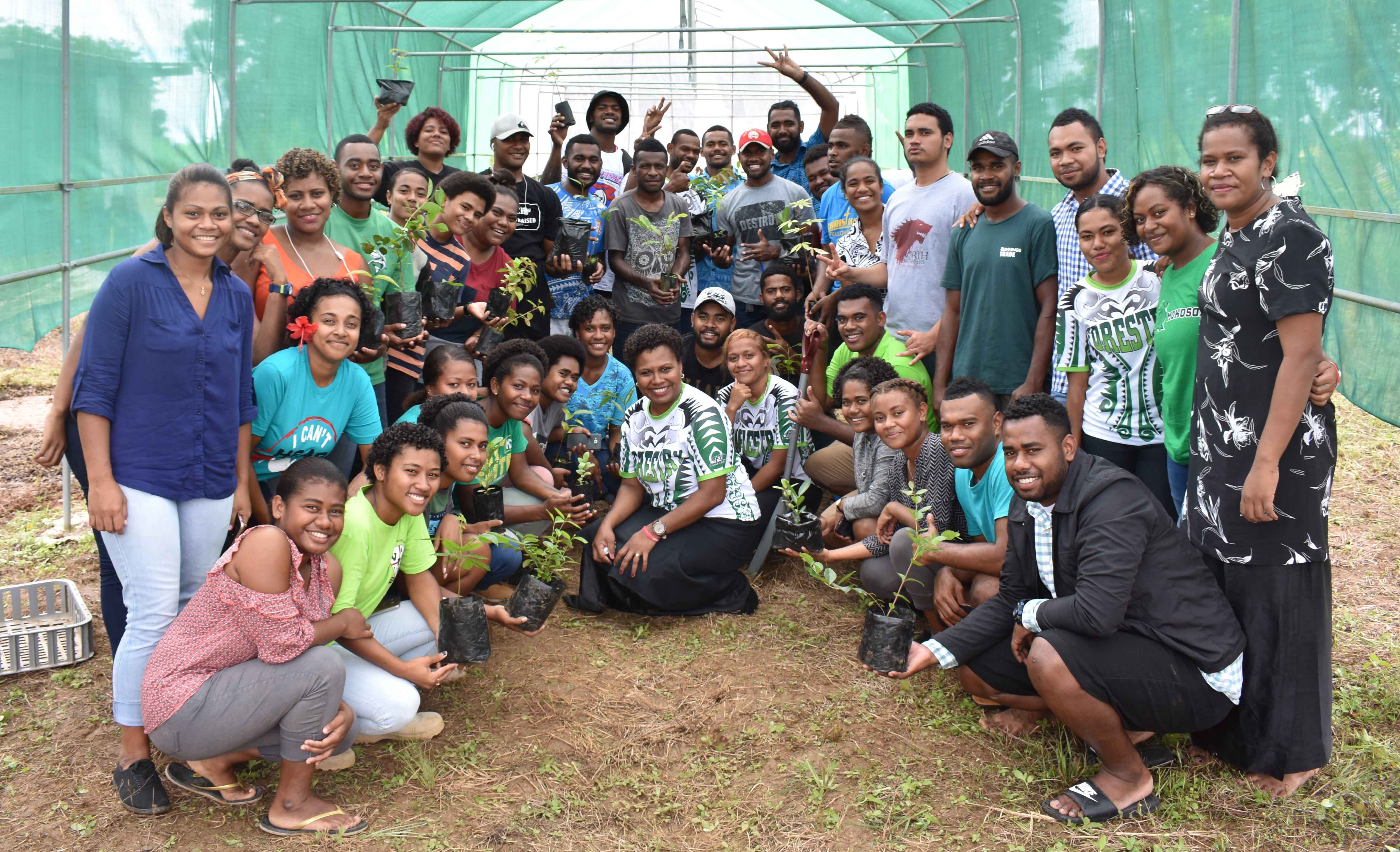Forestry education provides a focused lens through which to understand, influence, and practice sustainable resource management and utilisation as well as sustainable development.
Fiji National University’s (FNU), College of Agriculture, Fisheries and Forestry (CAFF) Department of Forestry Head Dr Pramod Nair said this as the United Nations observes March 21 as the International Day of Forests (IDOF) to highlight the importance of forests around the world and recap their important role in our daily lives.
According to the United Nations, “Forest sustainable management and their use of resources are key to combating climate change and contributing to the prosperity and well-being of current and future generations.”
Mr Nair said forests are deleteriously affected by a rapid increase in the world population and advances in industrialisation, which both create an intense pressure on natural resources, especially the production and consumption of forest-based products.
He said this highlights the importance of the theme of the 2022 International Day of Forests, “Forests and sustainable production and consumption.”
“Forest resources are indeed essential for society and the same is required for our future generations,” Mr Nair said.
“Global environmental problems have a negative impact on our lives and are becoming increasingly difficult to avoid, so it is time to take action to leave a more livable environment for future generations,” he said.
“Sustainable management practices are important at this stage because they help society to manage natural resources wisely without exploitation, and to provide a good and clean environment for future generations.
“Implementing sustainable production, i.e. developing a production system that increases resource efficiency and reduces biodiversity loss, ozone layer depletion, greenhouse gas emissions, waste management, and deforestation, is one of the best ways to ensure sustainability.
“About 2.4 billion hectares of the global forest are primarily used for the production of wood and non-wood forest products.
“Most of the harvested wood is used as fuel, the remainder for the construction of buildings, making furniture, paper, packaging materials, and some for electricity generation.
“From the above-mentioned products, paper consumption is slightly reduced due to the increase in usage of electronic gadgets.
“The change in modern technologies has also affected the demand for wood products, i.e., the use of treated softwood timbers, reused and recycled timbers, forest biomaterials, and bio-refineries.”
Mr Nair said even though there are certain alternatives such as bricks and plastics, the demand for wood is static.
“On one hand, environmentalists are trying to protect the forest; on the other hand, they are demanding eco-friendly products to replace plastic and other materials that pollute the environment.
“Worldwide, national governments have implemented a wide range of policies and legislation for sustainable management practices to protect forests, encourage reforestation practices, and promote sustainably produced (certified) forest products.
Forestry plays an integral role in Fiji’s economy where plantations and native forests provide raw materials to the private sector involved in harvesting and timber processing, creating employment opportunities.
“The mission for sustainable management of native forests in Fiji has already been initiated by the Ministry of Forestry.”
He said forests are managed according to global parameters involving economics, social values relating to forest uses, poverty alleviation, pollution, climate change, energy technologies, and informatics, or the management of information using computer-based technology.
“Fiji was accepted into the World Bank’s Forest Carbon Partnership Facility (FCPF) in July 2019.
“The Ministry of Forestry started Fiji’s tree planting initiative in early 2019, aiming to achieve a plantation target of 30 million trees in 15 years.
“Healthy forest ecosystems provide us with a wide range of services, such as supply of clean water and food. It is the responsibility of human civilization to either enhance, maintain, or degrade their services.
“Current changes in the forestry sector in Fiji, with global, national, and local influences, highlight the need for forestry education to adjust to these changes and to equip graduates with the skills and tools required to meet the new reality and satisfy the expectations of stakeholders.”
At Fiji National University, Mr Nair said they have a strong forestry team that can train qualified foresters.
“Forestry education in different countries is undergoing changes according to the national settings and is relevant in Fiji too.
“On this International Day of Forests, we can create a sustainable future through the forestry graduates of FNU who are trained to manage forests for biodiversity, forest products, ecotourism, community protection, and maintain the aesthetically appealing landscapes of this beautiful country.”




